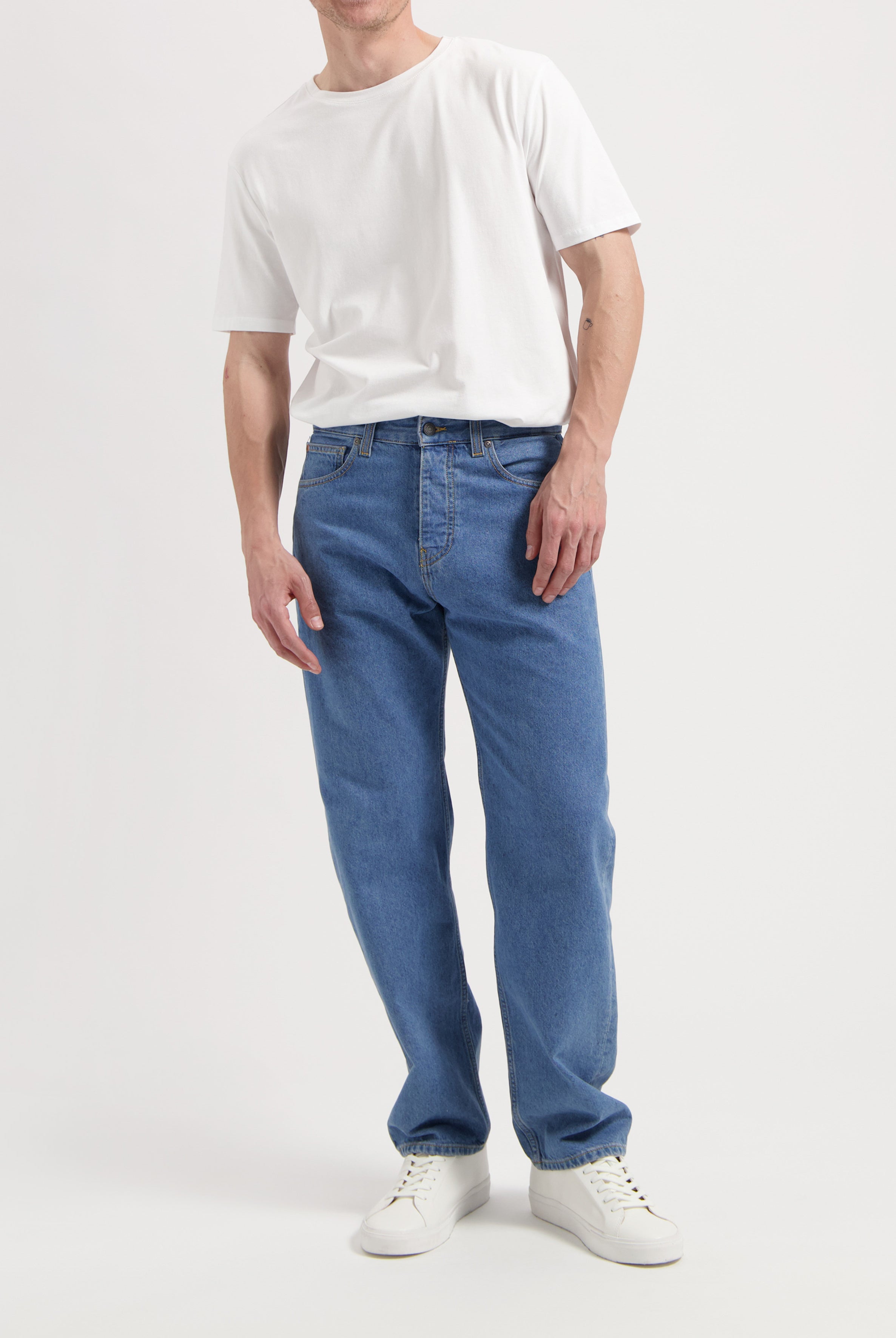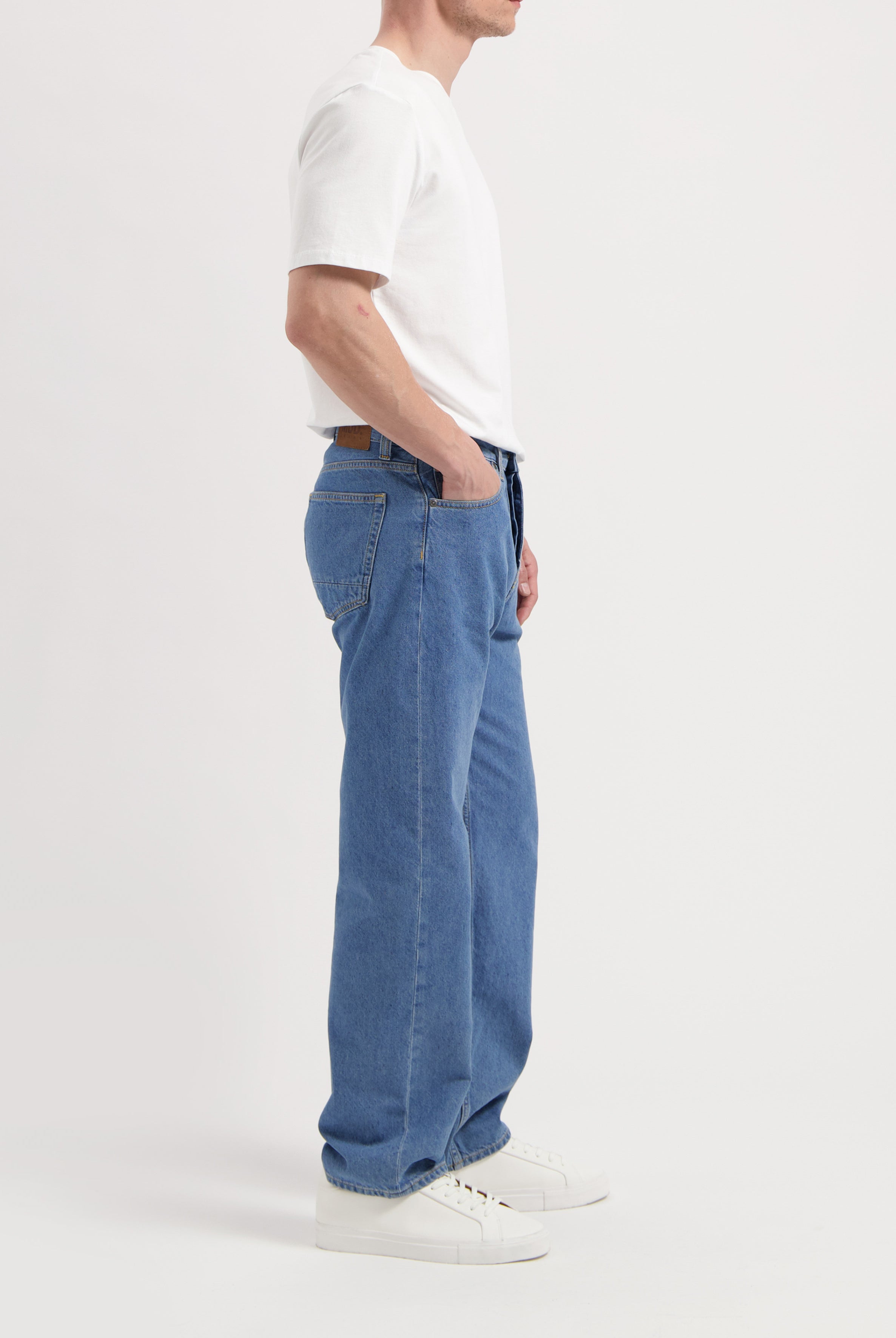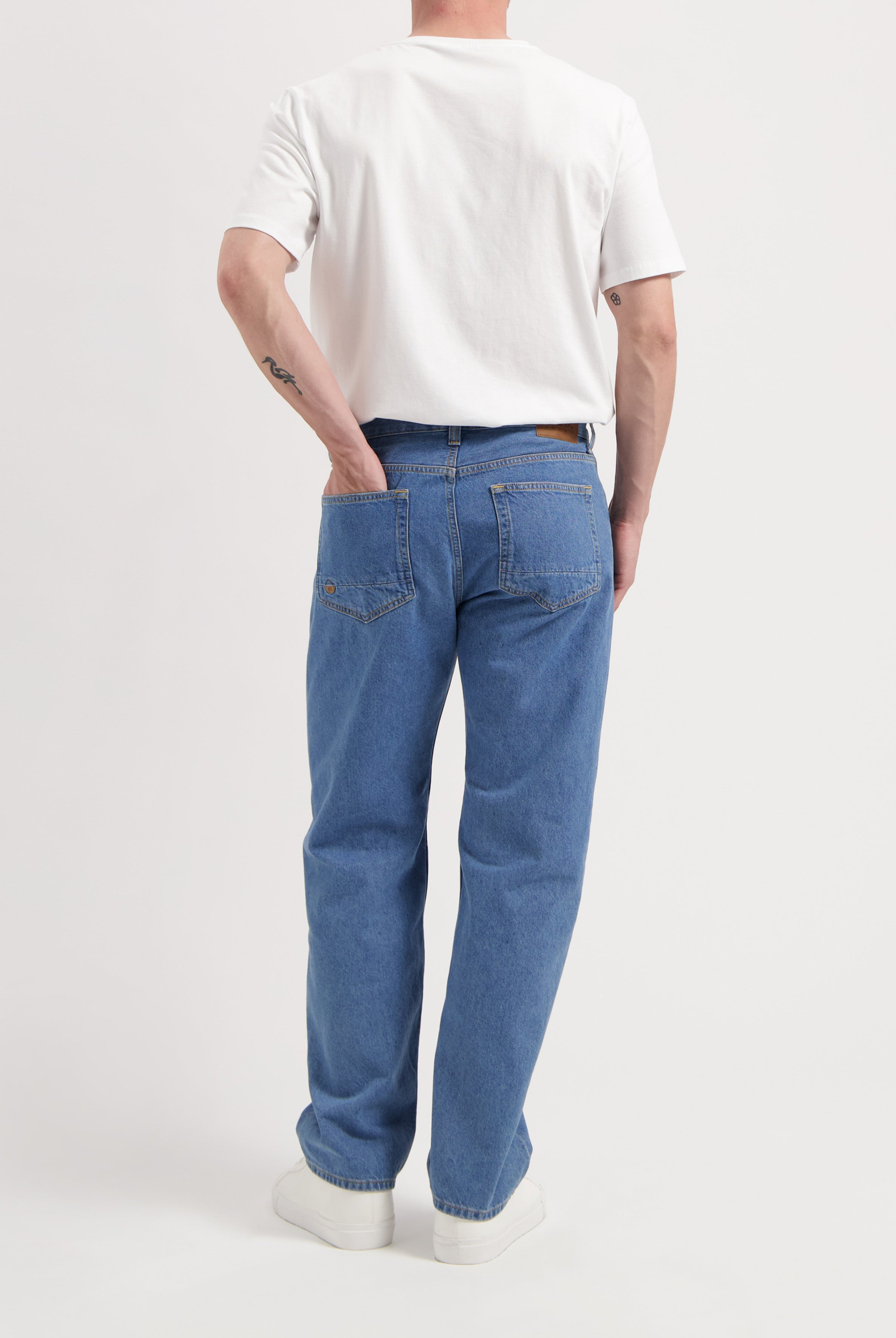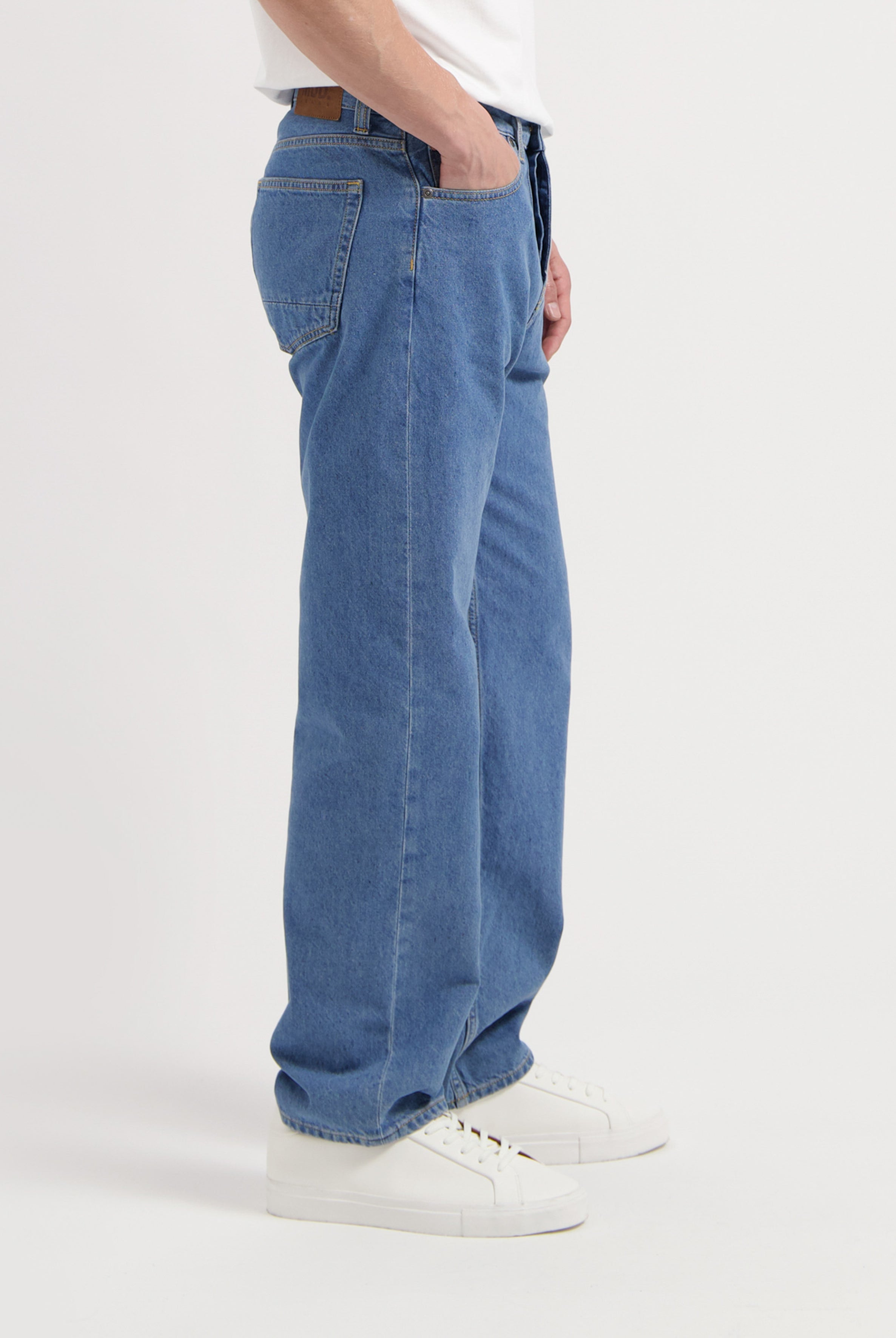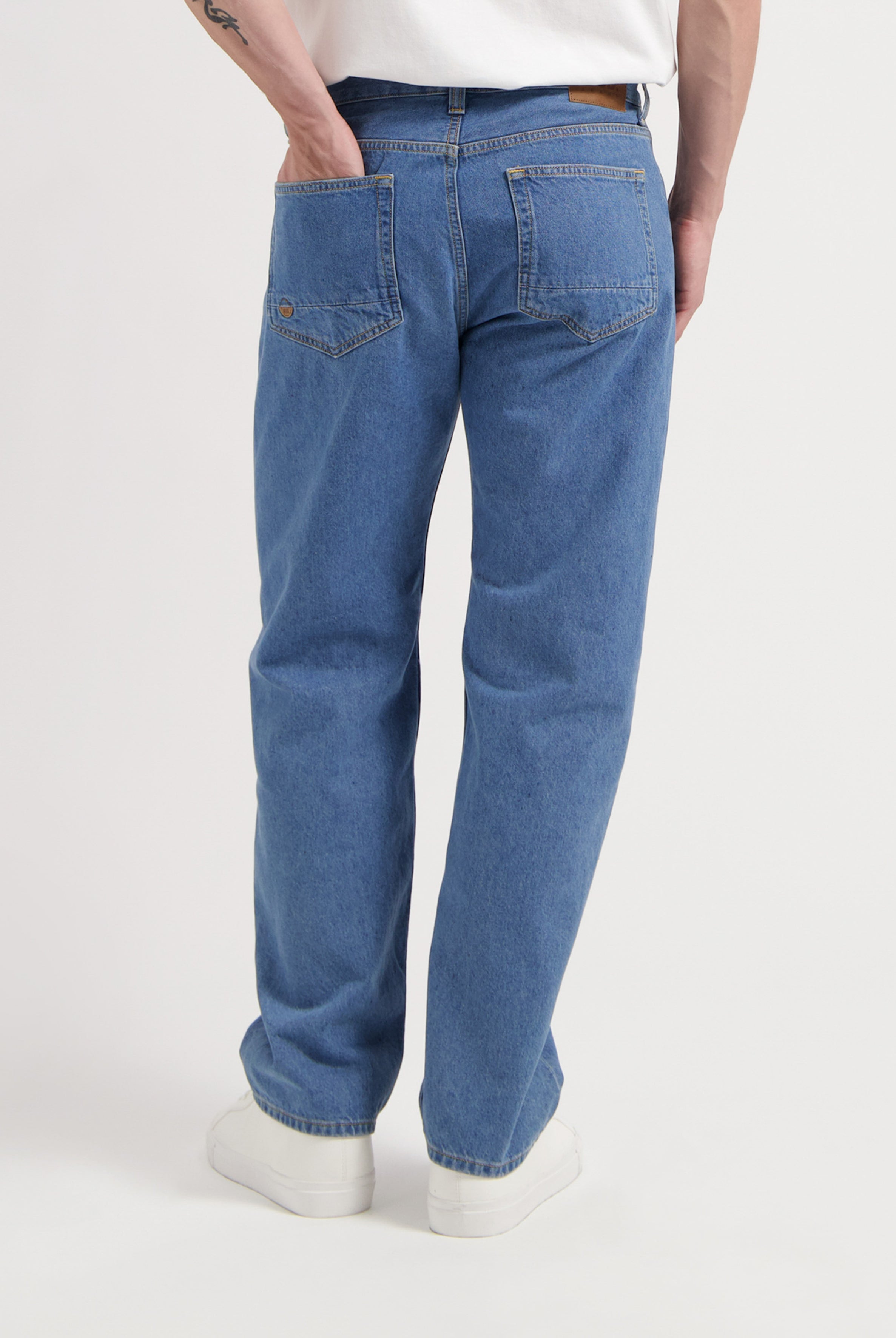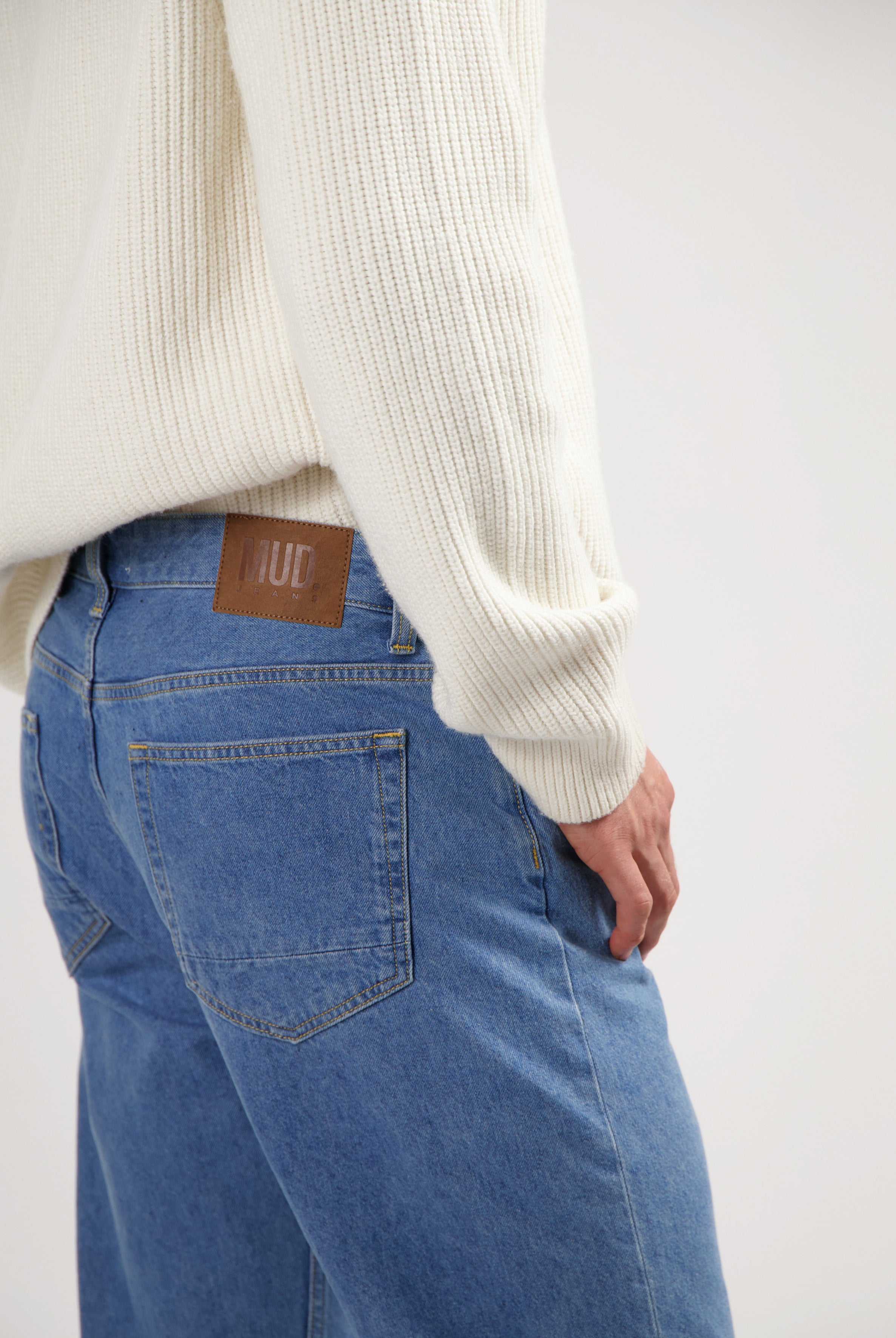Ever wondered what will be on your plate in 2050? Lowlands festival visitors were not only treated with musical acts this year but also with a glimpse into the future of dining. At the Brasserie 2050 one could take a breather from all the dancing and indulge in sustainably sourced and produced dishes that are good for the environment, the farmers and your own body.

The restaurant of tomorrow
The starting point: How can we feed 10 billion people in 2050 with the resources we have?
The answer: Less meat, more locally sourced and yesterday’s leftovers are todays treasures. The 7 dish menu with seemingly traditional dishes only uncovers it’s futuristic qualities when screening the list of ingredients. The experimental ingredients e.g. Steak Tartare consisting of ‘hybrid-meat’ (50% beef and 50% paprika and watermelon) and the Ravioli topped with plankton butter only enhance the flavours of the meals.

Food for thought
The ingredient have been hand picked and mindfully sourced as locally and sustainably as possible. Each meal even got a CO2 score and was compared to its traditional version.Why eat meat when trying to eat climate friendly you think? Here’s what Maartje Nelissen from the Food Line-Up explains: The fact that there will still be meat on our plates in the future is explained by Maartje Nelissen: ‘Our meat comes from cows on the Flevopolder, a nearby region of reclaimed land. The cows are allowed to roam freely in order to maintain the natural environment there. Their meat is actually a by-product.’
On the menu every dish comes with a story about one of the food issues:
Bourguignon Sans Boeuf
‘Eating less meat means less co2 but how do we get to our proteins?
Politicians worry about how we are going to divide our protein sources in an equal way. Luckily there are alternatives. In the Netherlands for example we are good at growing beans and legumes, perhaps even the most sustainable source of proteins.’


Photos by @Sameyeam.photo
The building
The circular theme extended beyond the plate: ‘Fun to know is that all chefs jackets were made from 22 pieces of recycled PET bottles, all tables were made from recycled plastics and most off the ingredients came from nearby. We even had the local farmer that provided potatoes, visit us on Thursday.’, says Maartje Nelissen
Speaking of a holistic approach to a sustainable future: the crew was sporting our O3 Grey denim consisting of 23% post-consumer recycled denim and 77% organic cotton.







